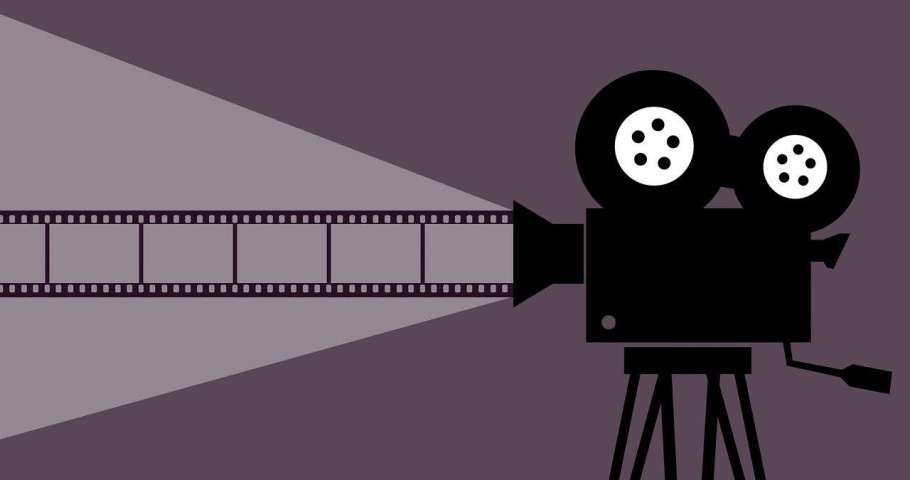This post was first published on 29th July, 2014.
In continuation to our previous discussion on how to protect ideas in the entertainment industry, the upcoming posts in the series will discuss landmark cases and analyse how Courts consider Breach of Confidentiality claims. Previous posts in the series may be accessed here and here.
The first of these cases is Zee Telefilms Limited and Another vs. Sundial Communications Private Limited and Others:
This suit was brought by the Plaintiffs alleging Breach of Confidence in the…







